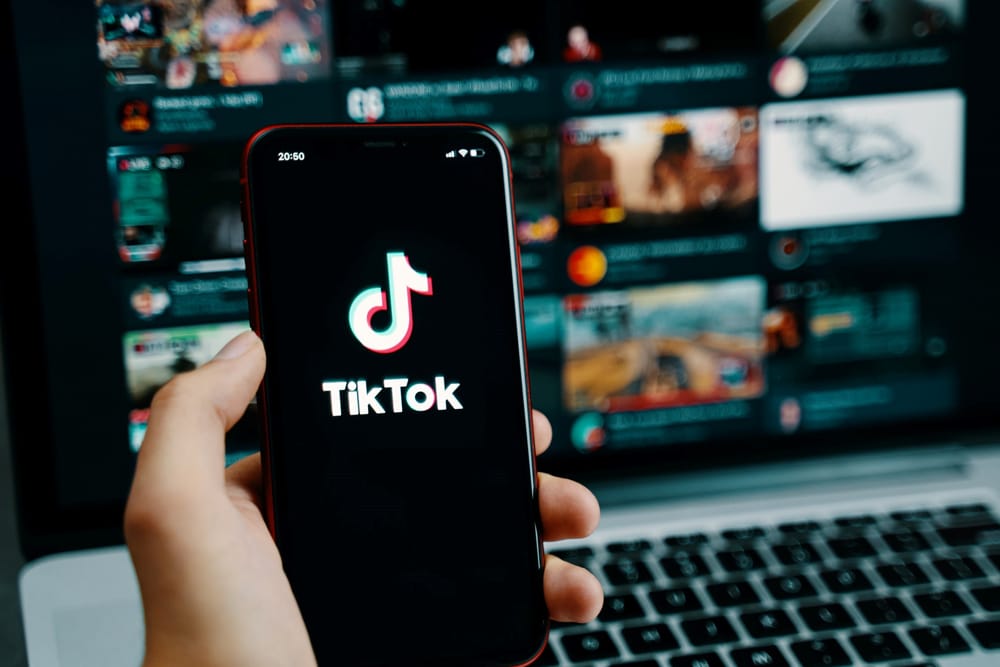06 Apr TikTok: Consumption of Information Among Gen-Z In Malaysia, Indonesia, and The Philippines

Summary
Youths, in particular, the Gen Z group, are known to be expressive on social media platforms such as Instagram and TikTok. Cleverly using visuals to express their feelings, copy trends, post hashtag challenges, the Gen Z group marks a demographic that has been rarely understood in terms of their political and social beliefs.
Looking at the video platform TikTok, we aim to look at TikTok influencers in several key Southeast Asian markets that have seen recent developments in its political and social movement. By analyzing these influencers’ content and their followers’ reaction to the postings, we hope to develop an understanding of Gen Z’s behavior and usage of social media, especially during periods when there are political turbulences or heightened social unrest.
This can be achieved through curating comments towards posts made by TikTok influencers who are known for content tied to social and current trends, thus drawing out socio-political sentiments during news breaks. Overall, this provides an outlook into how Gen Z consumes information and if they are susceptible to misinformation floating on social media platforms.
Need
Four years since it launched in September 2016, TikTok has become one of the fastest-growing social media platforms, with about 800 million current users worldwide, according to the Digital 2020 report released in January 2020. The app’s explosion with users posting comedic, dance, and lip-sync videos has seen even more downloads in 2020 after a global pandemic kept most of the world under lockdown. In Southeast Asia, which has a population of about 658 million, the application has been downloaded “more than 360 million” times, based on data from mobile application data research firm Sensor Tower, as cited by Reuters in an August 2020 article.
According to a Global Times report, it is among the top 10 application downloads in countries including Indonesia, Malaysia, and the Philippines. However, there is currently little data available showing how people consume and share information through TikTok, a platform dominated by teen and young adult users (69 percent are 13 to 24 years old).
Generation Z is defined as those below 25 years old. While the app’s gain to fame among users stemmed from home videos that went viral, TikTok users have also dipped their toes into political expressions. In the United States, TikTok users banded together by signing up to go for a Trump rally in Tulsa and then not show up. In Indonesia, female TikTok users claiming to be mistresses of MPs posted videos tagged as “Remember me?” threatening to expose affairs if Indonesian ministers do not reverse a controversial jobs creation law.
Currently, viral content on the platform only gains attention in the public sphere if it gets picked up by mainstream media or goes viral on other social media platforms such as Twitter or Facebook. Given the immense pick-up speed and vast usage of the application in particular among the young voters’ demographic, plus a shift in public usage of the platform during political or social crises, analysis into the behavioral use, information consumption, and potential misinformation trickle effect on the platform must be conducted.
Thus far, little research has been done analyzing content on TikTok, while other social media platforms have been studied more thoroughly. Through the proposed study, the researchers aim to provide initial insight on how people from Indonesia, Malaysia, and the Philippines use TikTok to communicate and engage with information and hopefully kick-off further research on the matter. Moreover, understanding information consumption among youths would help map out thematic content that appeals to the group, allowing researchers to identify key points where misinformation can occur.
Ultimately, having a better understanding of how people make use of technological platforms, such as TikTok, would equip media professionals, members of civil society, and even governments to come up with more effective ways to combat any potential mis- and disinformation, hate speech, and harassment that tends to proliferate on social media.
Objectives
-
To explore how Gen Z in Malaysia, Indonesia, and the Philippines consume information on Tik Tok.
-
To study how TikTok Gen Z consumers react to information shared by TikTok content creators.
-
To investigate how content creators use TikTok for information sharing.
-
To explore the existence of misinformation in the TikTok sphere concerning select political and social issues.
-
To publish a digital story based on the study’s findings with a news publisher.
-
To publish a research paper based on the research findings since there are limited studies on TikTok as a democratic tool in the Southeast Asian context.
-
To organize a seminar to share the findings of this project with the interested researchers, journalists, and media practitioners in Southeast Asia.





